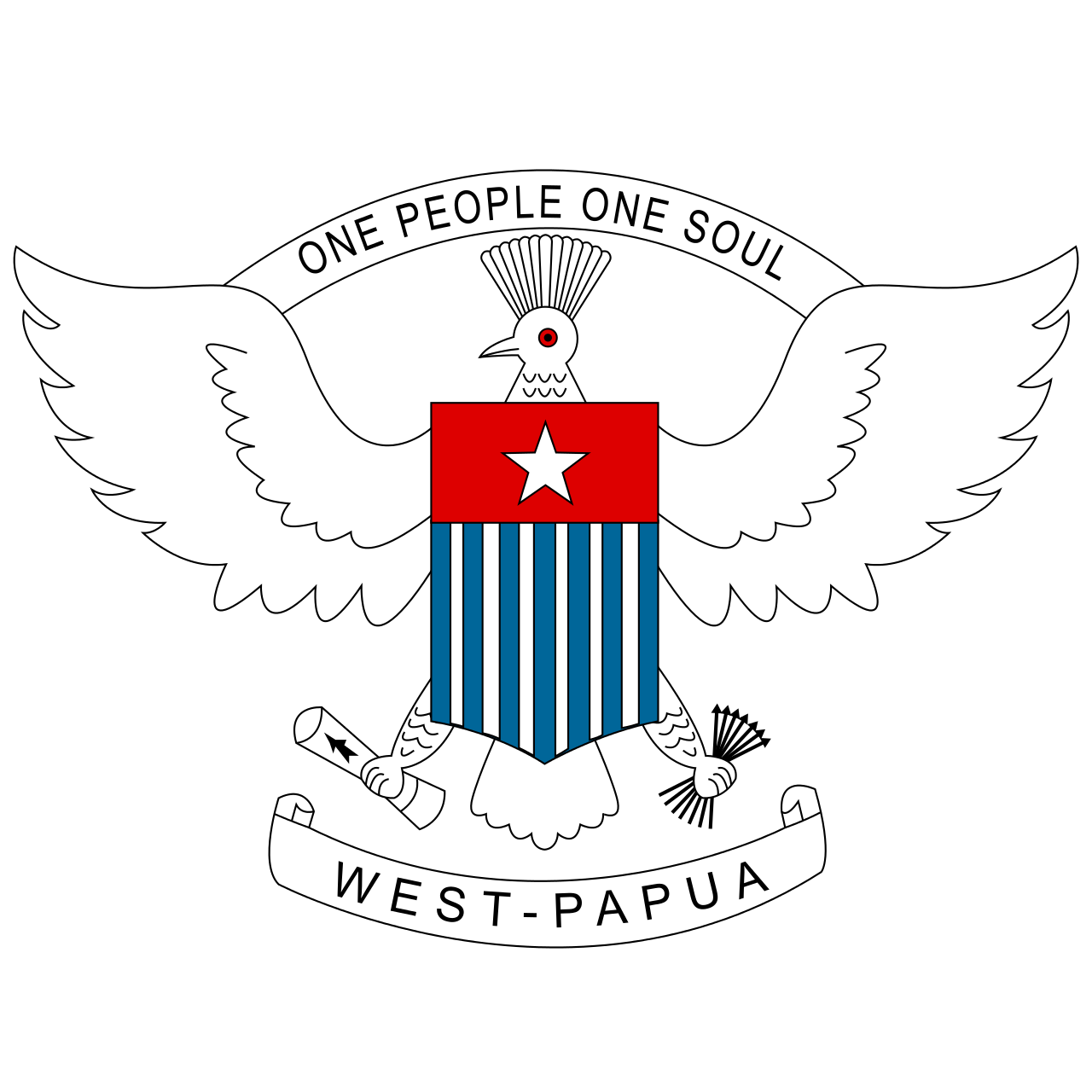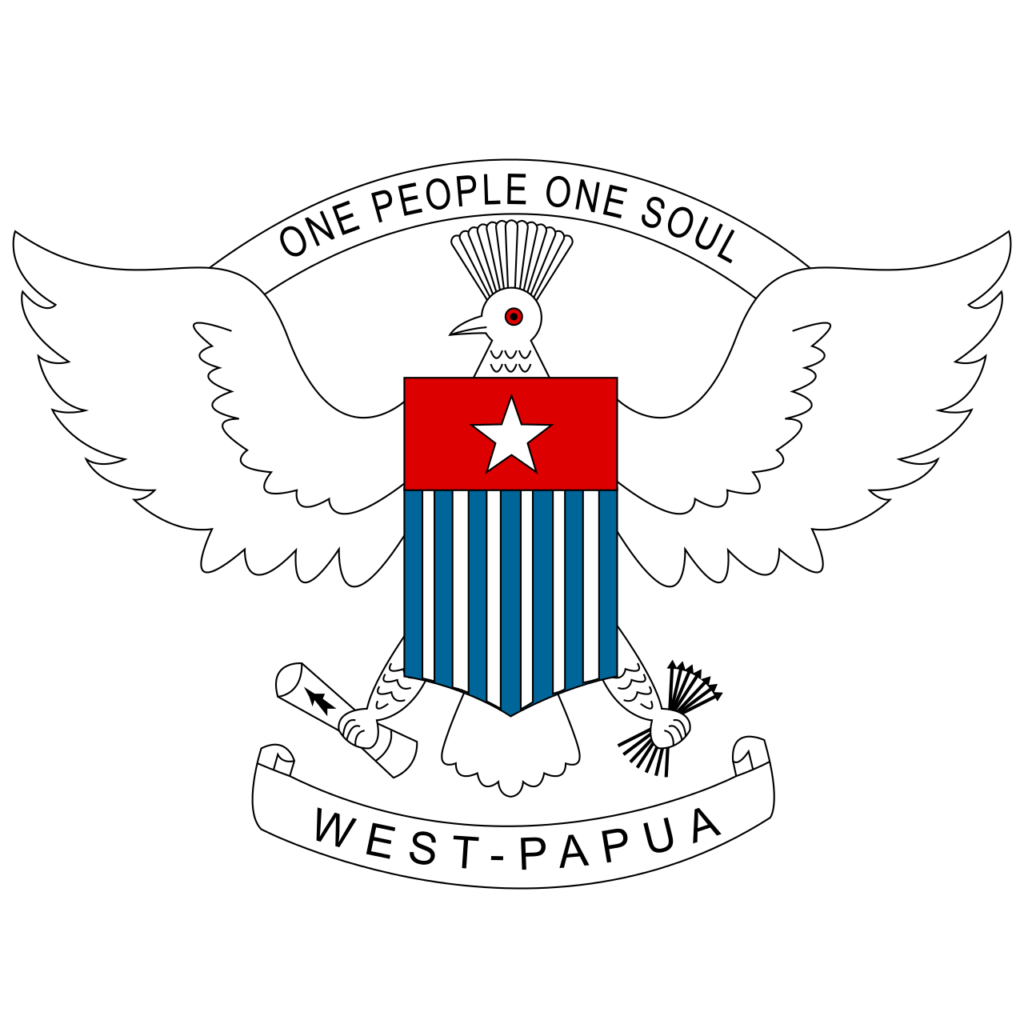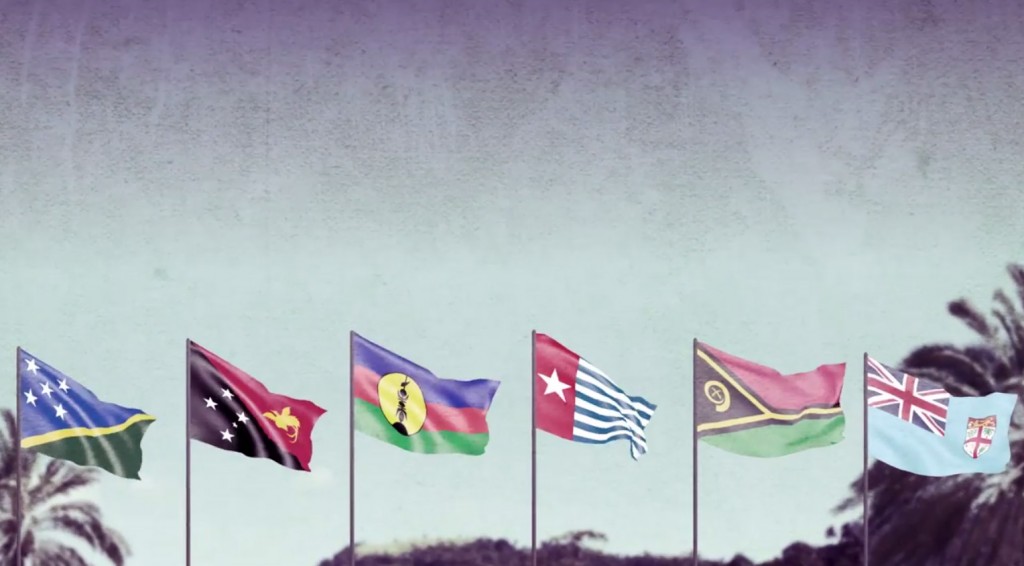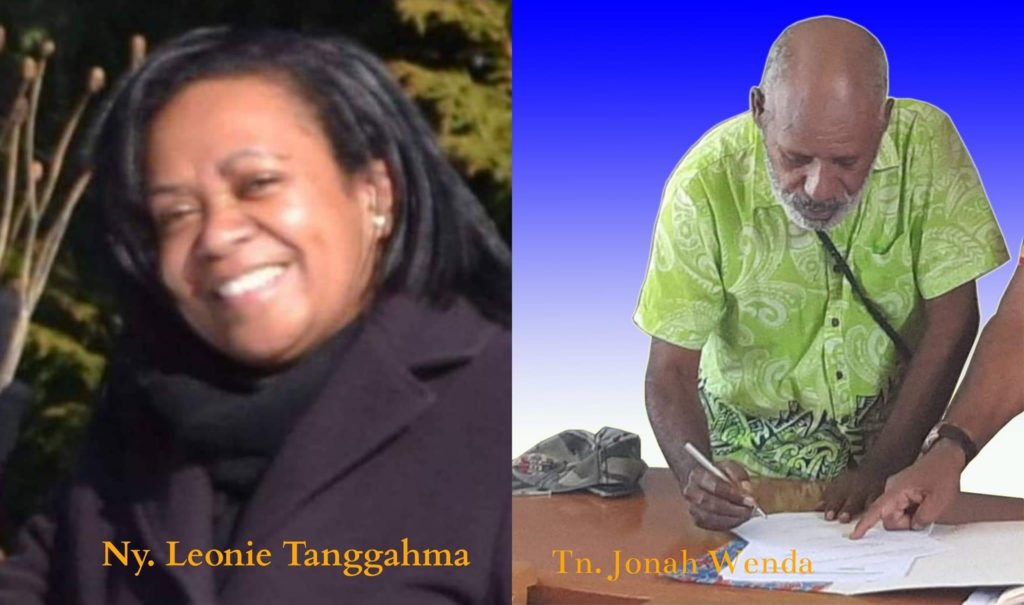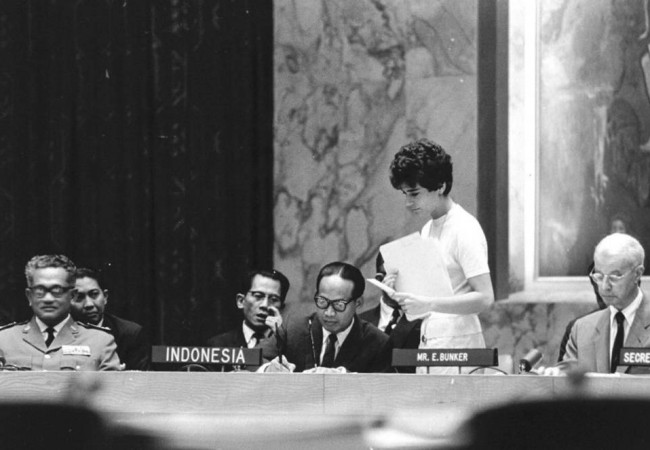The UK Parliament held a comprehensive hour-long debate into West Papuan human rights on Wednesday. Members of Parliament (MPs) from numerous political parties in the UK noted the historic violation of West Papua’s right to self-determination, raised concern over system human rights abuses by Indonesian security services, and called for the UK government to review its position on West Papua.
Tabled by Robert Courts, Conservative MP, the UK Parliament heard how the 1969 Act of Free Choice ‘was not a free consultation’ and ‘those who were selected for the vote were blackmailed into voting against independence by means of threats of violence’. The British Government’s representative, Mark Field, Minister for Asia and the Pacific, admitted that the 1969 Act of Free Choice was ‘utterly flawed’.
Mr Courts noted that ‘fundamental questions about the legitimacy of the so-called Act of Free Choice undermine the very legitimacy of Indonesian rule in West Papua’. The 1969 Act of Free Choice was the fraudulent process upon which Indonesia bases its right to occupy West Papua.
MPs from other parties raised similar concerns. Stephen Gethins of the Scottish National Party, for example, declared that ‘self-determination goes to the heart of this issue’.
The UK MPs also spoke of rampant human rights abuses in West Papua. Alex Sobel, Labour MP and Chair of the All-Party Parliamentary Group on West Papua, noted that, ‘in the 50 years of Indonesian control, there is significant evidence of genocide.’ Several speakers discussed the ongoing humanitarian crisis in Nguda: John Howell, Conservative MP, raised the fact that ‘as a result of Indonesian activities in Nduga, 30,000 refugees have been created in just that area’. Helen Goodman MP, part of the Labour Party’s Shadow Foreign Affairs team, told the House that ‘white phosphorous was used inappropriately’ in Nduga by the Indonesian military.
The event was the first-ever debate on West Papua held in the UK House of Commons, and came a day after the issue of human rights abuses against Papuan women was raised in a Parliamentary debate by Alex Sobel MP.
Responding to the debate, the British government’s representative, Mark Field, told the House that the British government is ‘concerned by […] reports of alleged human rights violations by the [Indonesian] security forces’, and noted that ‘there has been no real accountability for the serious abuses of the past’. The Minister also called ‘for all political prisoners to be released immediately’, drawing particular attention to the ongoing trial of KNPB members Yanto Awerkion, Sem Asso and Edo Dogopia, who were arrested after ‘taking part in a peaceful prayer event’.
Mr Fields’ statement that the 1969 Act of Free Choice was ‘utterly flawed’ mirrors British government’s declaration in Parliament in 2004 that ‘there were 1,000 hand-picked [West Papuan] representatives and they were largely coerced into declaring for inclusion in Indonesia’.
Four MPs also paid homage to the United Liberation Movement for West Papua’s Chairman, Benny Wenda, who has been based in the UK since 2002 and was present for the debate. Robert Courts MP told the story of Chairman Wenda’s escape from prison in West Papua and his tireless campaigning and lobbying efforts since then.
The debate marks a substantial increase in Parliamentary activity around West Papua in the UK, with an Early Day Motion, letter to the British Foreign Office and meeting of the All-Party Parliamentary Group on West Papua also taking place in recent months.
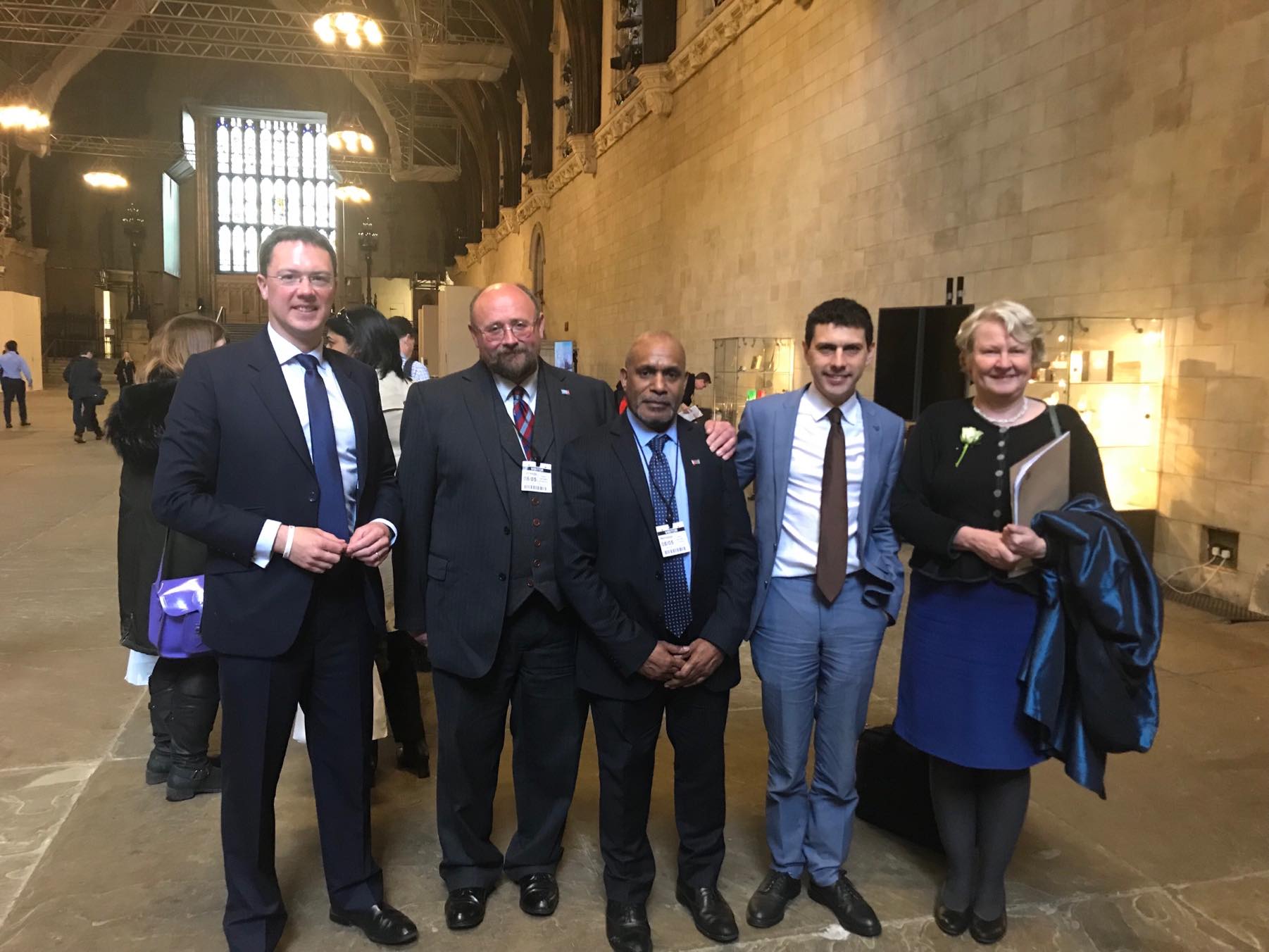
ULMWP Chairman, Benny Wenda, with Robert Courts MP, Alex Sobel MP & Helen Goodman MP following Wednesday’s debate
You can read the full text of the debate on human rights and self-determination in West Papua here.
